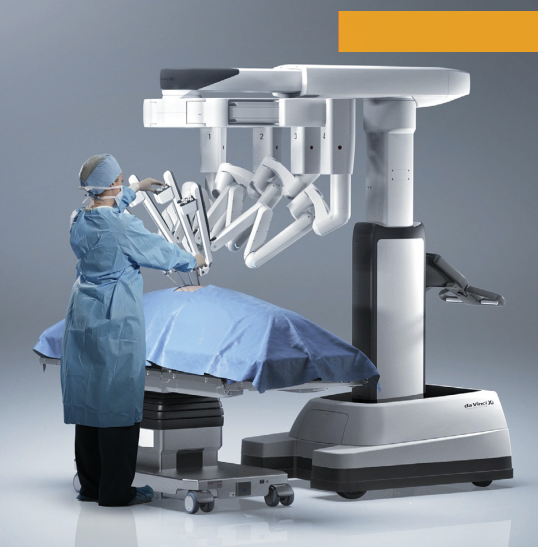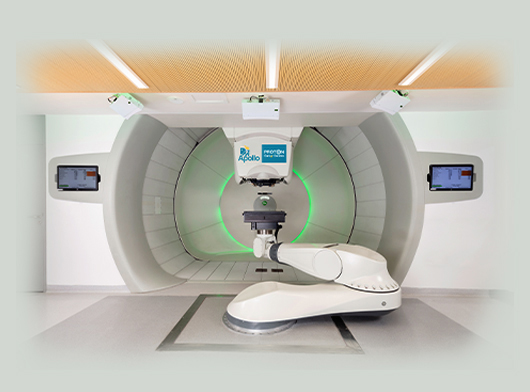For patients seeking cutting-edge treatment for prostate, bladder, or kidney cancers, medical tourism provides access to world-class uro-oncology centers in Germany, Turkey, India, and South Korea at 40-60% lower costs than Western countries. These JCI-accredited hospitals specialize in robotic prostatectomy with nerve-sparing techniques, PSMA-targeted therapy for advanced prostate cancer, bladder preservation treatments, and immunotherapy (Keytruda/Opdivo) for metastatic cases – all performed by internationally trained urologic oncologists.

Doctor(s): Dr. Prasad E
Country: -
City: Chennai
Visa: Yes
Hotel: 3 star, 4 star, 5 star
Transfer: Yes
Translator: Yes
Language: Arabic, English, Persian
Hospital:
Price: From: 29.00$
Hospital/Clinic:
Doctor(s):
Country: -
City: Chennai
Visa: Yes
Hotel: 3 star, 4 star, 5 star
Transfer: Yes
Translator: Yes
Language: Arabic, English, Persian
Price: From: 29.00$

Doctor(s): Dr. R. Srivathsan
Country: -
City: Chennai
Visa: Yes
Hotel: 3 star, 4 star, 5 star
Transfer: Yes
Translator: Yes
Language: Arabic, English, Persian
Hospital:
Price: From: 119.00$
Hospital/Clinic:
Doctor(s):
Country: -
City: Chennai
Visa: Yes
Hotel: 3 star, 4 star, 5 star
Transfer: Yes
Translator: Yes
Language: Arabic, English, Persian
Price: From: 119.00$

Doctor(s):
Country: -
City: Unknown
Visa: Yes
Hotel: 3 star, 4 star, 5 star
Transfer: Yes
Translator: Yes
Language: Arabic, English, Persian
Hospital:
Price: From: 100.00$
Hospital/Clinic:
Doctor(s):
-Country: -
City: Unknown
Visa: Yes
Hotel: 3 star, 4 star, 5 star
Transfer: Yes
Translator: Yes
Language: Arabic, English, Persian
Price: From: 100.00$

Doctor(s):
Country: -
City: Unknown
Visa: Yes
Hotel: 3 star, 4 star, 5 star
Transfer: Yes
Translator: Yes
Language: Arabic, English, Persian
Hospital:
Price: From: 100.00$
Hospital/Clinic:
Doctor(s):
-Country: -
City: Unknown
Visa: Yes
Hotel: 3 star, 4 star, 5 star
Transfer: Yes
Translator: Yes
Language: Arabic, English, Persian
Price: From: 100.00$

Doctor(s):
Country: -
City: Unknown
Visa: Yes
Hotel: 3 star, 4 star, 5 star
Transfer: Yes
Translator: Yes
Language: Arabic, English, Persian
Hospital:
Price: From: 100.00$
Hospital/Clinic:
Doctor(s):
-Country: -
City: Unknown
Visa: Yes
Hotel: 3 star, 4 star, 5 star
Transfer: Yes
Translator: Yes
Language: Arabic, English, Persian
Price: From: 100.00$

Doctor(s): Dr. Srinivas Chilukuri
Country: India
City: -
Visa: Yes
Hotel: No
Transfer: Yes
Translator: Yes
Language: -
Hospital:
Price: From: 100.00$
Hospital/Clinic:
Doctor(s):
Country: India
City: -
Visa: Yes
Hotel: No
Transfer: Yes
Translator: Yes
Language: -
Price: From: 100.00$

Doctor(s):
Country: -
City: Unknown
Visa: Yes
Hotel: 3 star, 4 star, 5 star
Transfer: Yes
Translator: Yes
Language: Arabic, English, Persian
Hospital:
Price: From: 100.00$
Hospital/Clinic:
Doctor(s):
-Country: -
City: Unknown
Visa: Yes
Hotel: 3 star, 4 star, 5 star
Transfer: Yes
Translator: Yes
Language: Arabic, English, Persian
Price: From: 100.00$
Uro-oncology is a specialized branch of medicine focused on the diagnosis, treatment, and management of cancers affecting the urinary system, including the prostate, bladder, kidneys, and testicles. These cancers are among the most common malignancies in men, with prostate cancer alone accounting for 27% of male cancer cases. Advances in robotic surgery, immunotherapy, and precision medicine have significantly improved survival rates and quality of life for patients.
Modifiable Risks:
Non-Modifiable Risks:
🔹 Prevention Tips:
Warning Signs: